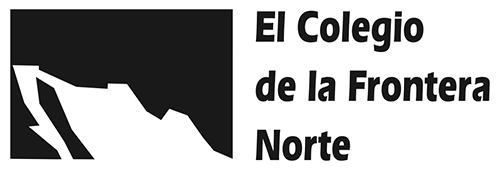
Executive Decree 70/2017 profoundly modified the legal regime for migration in Argentina. This article aims to analyze the use of this legal reform as a symbolic instrument of criminal policy and contrast them with human rights standards. The methodological approach combines legal analysis with the theoretical study of the reform. The work shows that the decree sought to link immigration and criminality and convey a message of firmness from the State in the fight against crime. As well as provide an update of the debate on the legal reform considering what happened subsequently. It is concluded that the reform has increased the margins of state discretion, generating a greater degree of legal insecurity for migrants. Although limited to a specific national case, the research may have theoretical implications for the study of similar cases.
Copyright (c) 2021 Migraciones Internacionales

This work is licensed under a Creative Commons Attribution-NonCommercial-NoDerivatives 4.0 International License.
You may also start an advanced similarity search for this article.